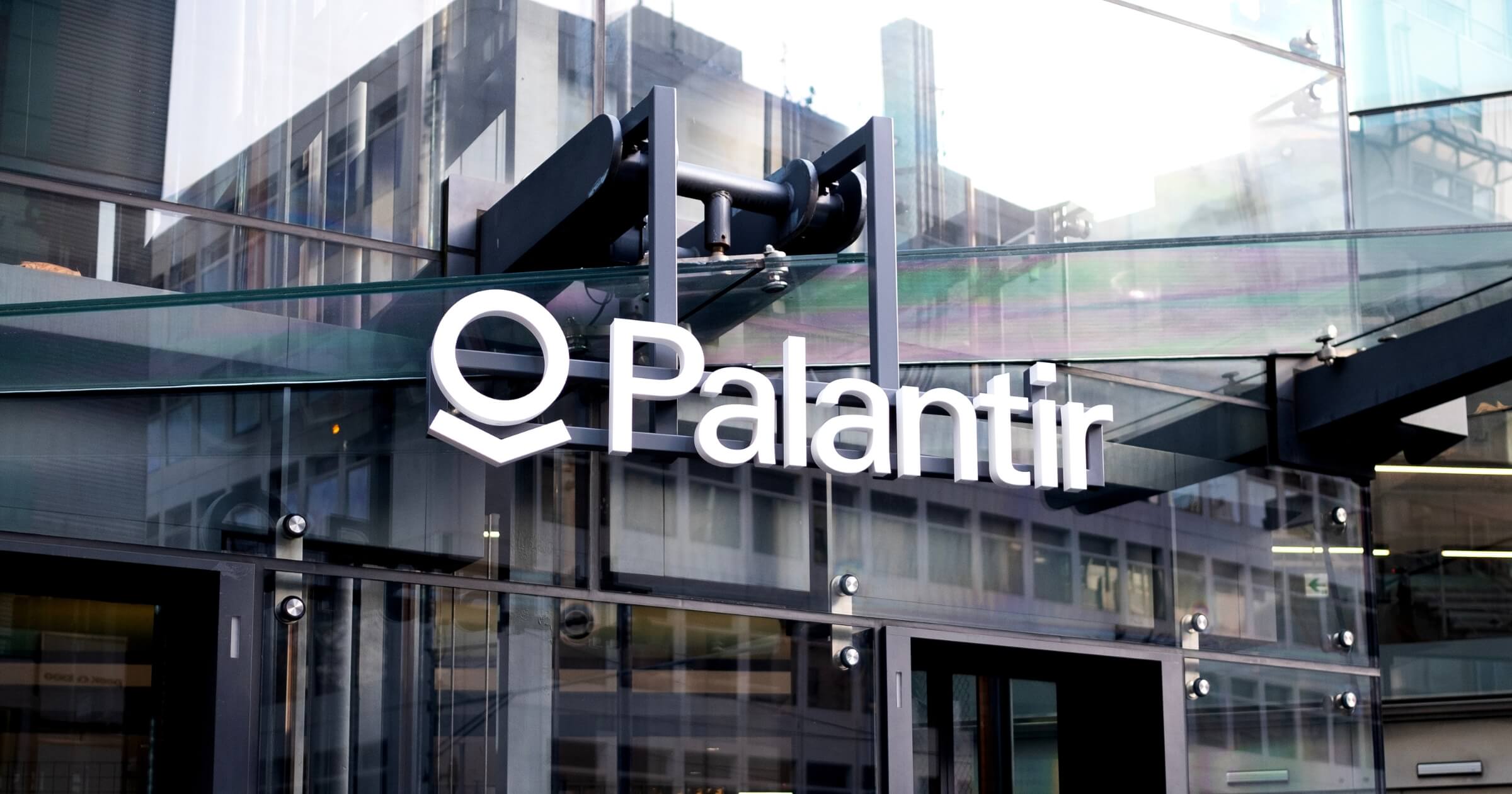Software company Palantir is making a bold push into the energy sector through a new partnership aimed at transforming how nuclear power plants are built. The company has signed a five-year, $100 million agreement with The Nuclear Company (TNC) to deploy its AI-powered Nuclear Operating System (NOS) and bring new energy to nuclear reactor construction projects.
The collaboration centers around Palantir’s Foundry platform, which powers NOS by integrating vast volumes of data to streamline workflows and improved visibility across the entire construction lifecycle. From supply chain management to labor coordination and safety monitoring, NOS is designed to modernize a notoriously slow and expensive sector. TNC plans to use the platform to support the build-out of a new reactor in the U.S., with broader ambitions to apply the system to other sites globally.
For Palantir, the deal marks a significant move beyond defense and into the clean energy space, just as pressure mounts to scale nuclear capacity in response to rising electricity demand. Much of that demand is being driven by energy-hungry AI data centers and government efforts to decarbonize the power grid. With traditional energy sources struggling to keep pace, nuclear is re-emerging as a viable low-carbon option, provided new plants can be built faster and more efficiently.
“The future of energy security and sovereignty will be shaped by our ability to deploy advanced technologies at scale,” said Mike Gallagher, Palantir Technologies’ Head of Defense. “This partnership marks the first time Palantir’s software will be used to help power the next generation of nuclear energy infrastructure. By integrating our operating system with The Nuclear Company’s ambitious vision, we are laying the foundation for a new era of resilient, intelligent and secure energy systems in the United States and beyond.”
The TNC agreement isn’t Palantir’s first foray into the energy sector, but it’s one of its most ambitious. It reflects a growing trend of software playing a more central role in construction and infrastructure, especially in industries where small delays can turn into billion-dollar overruns.
As the race to meet AI-driven energy needs heats up, Palantir’s NOS could be the digital backbone that helps nuclear catch up.
Want more stories on tech and infrastructure? Subscribe to our newsletter for weekly updates


